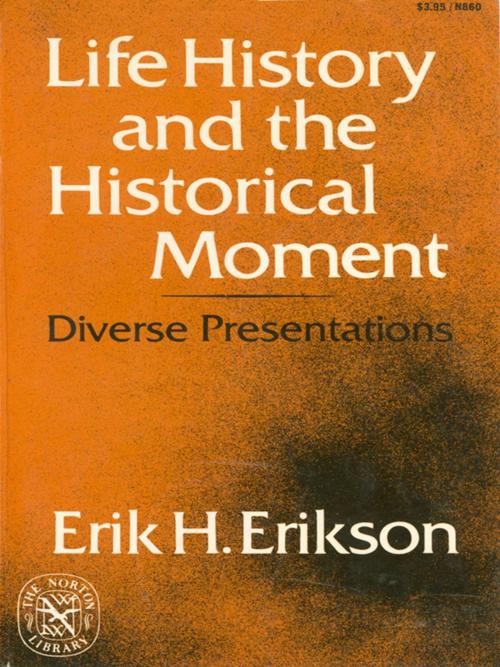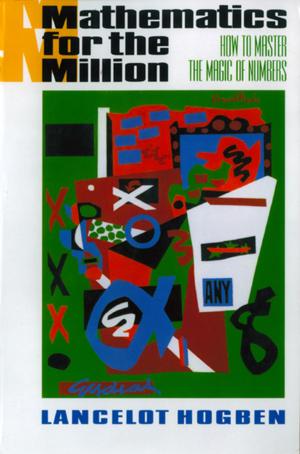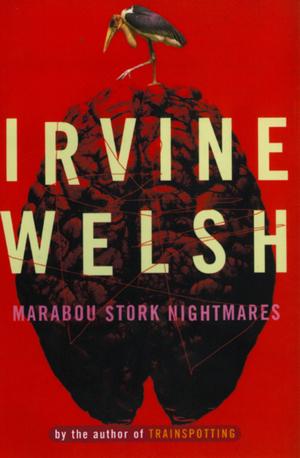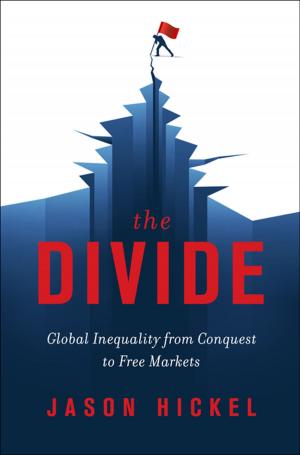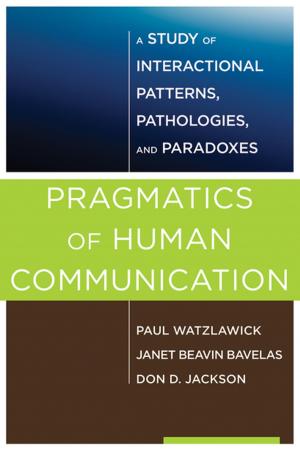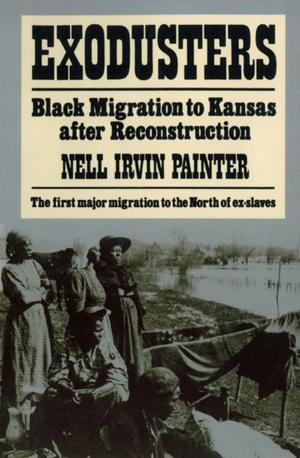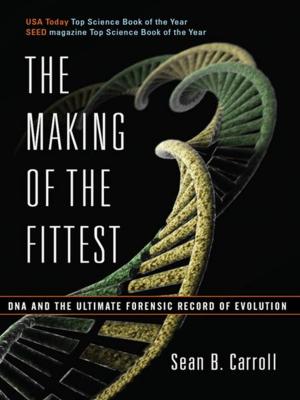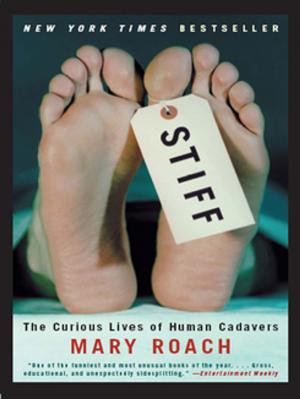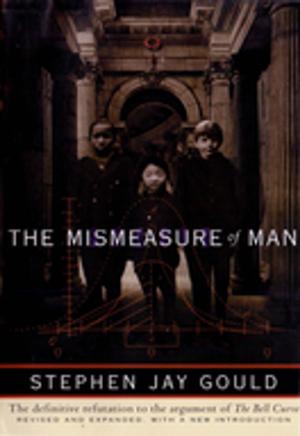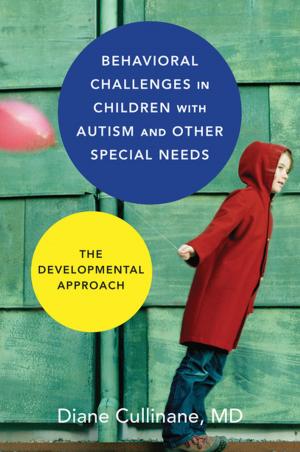Life History and the Historical Moment: Diverse Presentations
Nonfiction, Health & Well Being, Psychology| Author: | Erik H. Erikson | ISBN: | 9780393347357 |
| Publisher: | W. W. Norton & Company | Publication: | November 17, 1977 |
| Imprint: | W. W. Norton & Company | Language: | English |
| Author: | Erik H. Erikson |
| ISBN: | 9780393347357 |
| Publisher: | W. W. Norton & Company |
| Publication: | November 17, 1977 |
| Imprint: | W. W. Norton & Company |
| Language: | English |
One of the most powerful (though deceptively simple) of current ideas is Erik H. Erikson's insight into the nature of the interrelationships of the psychogenic development of an individual and the historical development of the times.
This insight, present in all his work beginning with Childhood and Society, and particularly examined in Young Man Luther and Gandhi's Truth, finds full and mature expression in the present book.
Just as Erikson's notion of the identity crisis has been obscured and confused as it has passed into everyday speech, so too have glib popularizers misused his notions of psychobiography and psychohistory. Thus, this book is of supreme importance, not merely to set the record straight, but more especially to make these vital ideas, central to our time, fully available.
"To deal with life history and history psychoanalytically," Erikson points out, "means to engage in a kind of circular chronology: our inquiry always points to selected periods in the past which, in throwing new light on the present, suggest new forays into the more distant past." Consequently, this book opens with autobiography; ranges through discussions of Freud and Gandhi and of the meaning of ideas on womanhood; and concludes with an examination of the role of psychoanalysis in the evolution of ethics.
One of the most powerful (though deceptively simple) of current ideas is Erik H. Erikson's insight into the nature of the interrelationships of the psychogenic development of an individual and the historical development of the times.
This insight, present in all his work beginning with Childhood and Society, and particularly examined in Young Man Luther and Gandhi's Truth, finds full and mature expression in the present book.
Just as Erikson's notion of the identity crisis has been obscured and confused as it has passed into everyday speech, so too have glib popularizers misused his notions of psychobiography and psychohistory. Thus, this book is of supreme importance, not merely to set the record straight, but more especially to make these vital ideas, central to our time, fully available.
"To deal with life history and history psychoanalytically," Erikson points out, "means to engage in a kind of circular chronology: our inquiry always points to selected periods in the past which, in throwing new light on the present, suggest new forays into the more distant past." Consequently, this book opens with autobiography; ranges through discussions of Freud and Gandhi and of the meaning of ideas on womanhood; and concludes with an examination of the role of psychoanalysis in the evolution of ethics.
